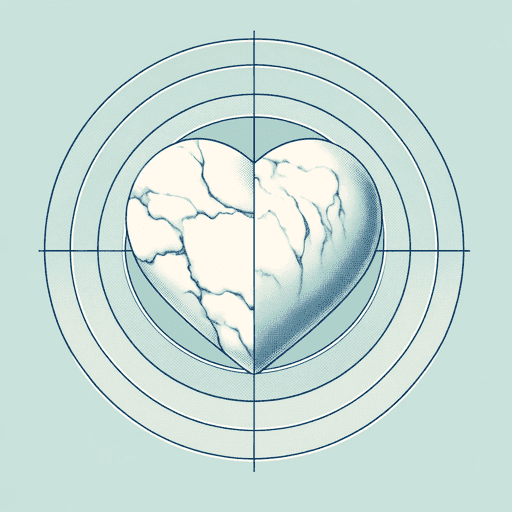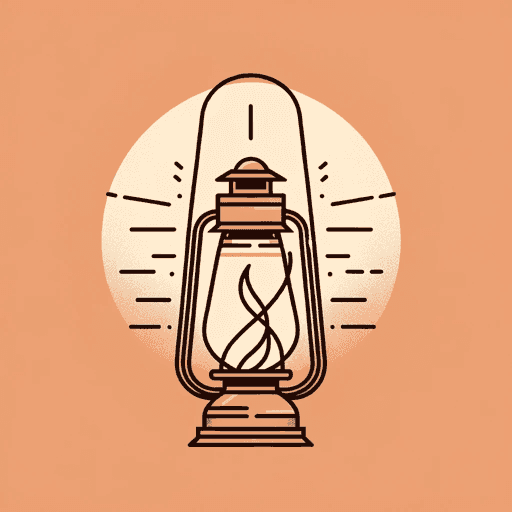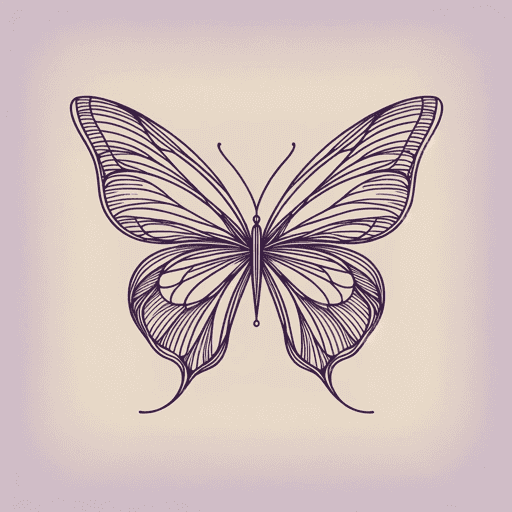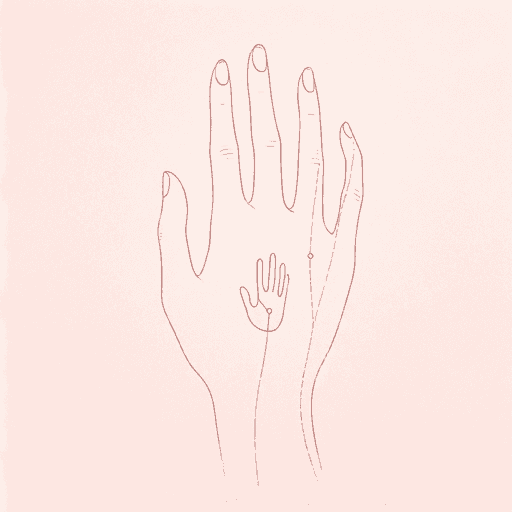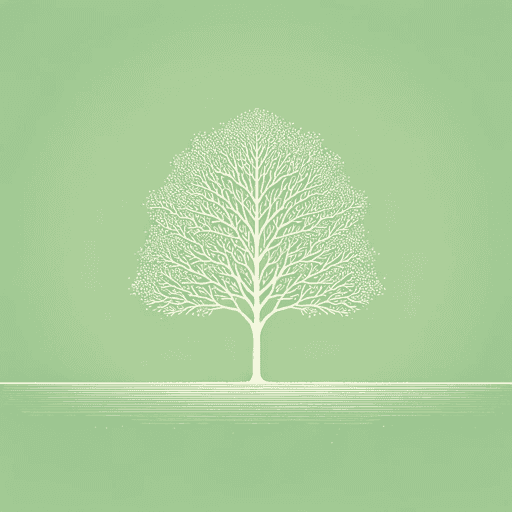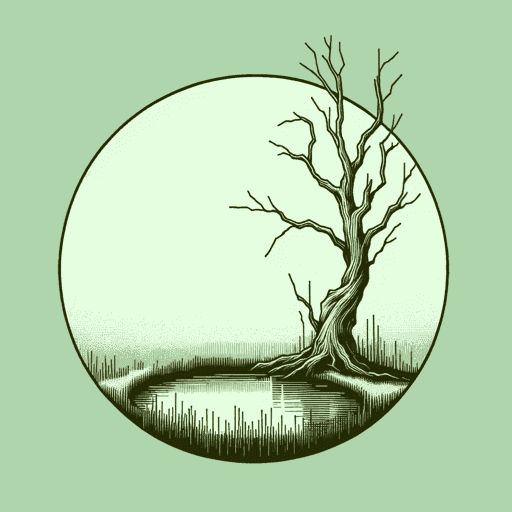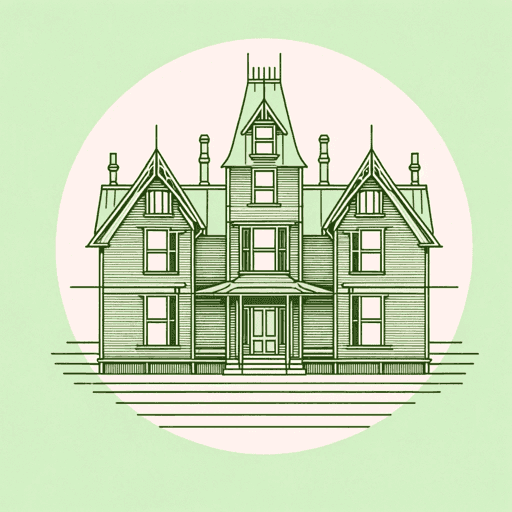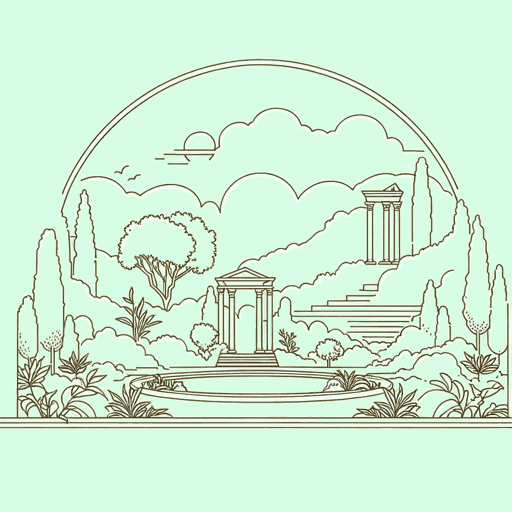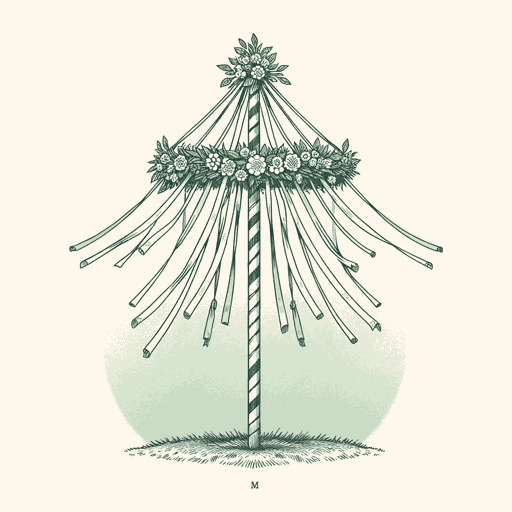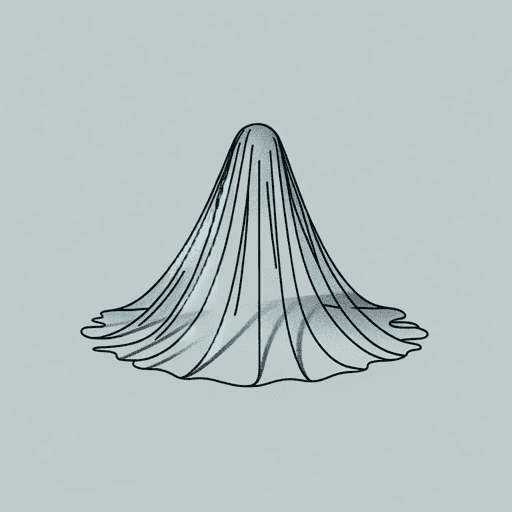50 pages • 1 hour read
Rappaccini's Daughter
A modern alternative to SparkNotes and CliffsNotes, SuperSummary offers high-quality Study Guides with detailed chapter summaries and analysis of major themes, characters, and more. For select classroom titles, we also provide Teaching Guides with discussion and quiz questions to prompt student engagement.
Summary and Study Guide
Summary: “Rappaccini’s Daughter”
“Rappaccini’s Daughter” (1844) is a Gothic short story by Nathaniel Hawthorne (1804-1864) first published in The United States Magazines and Democratic Review. In 1846, it was republished in a collection of stories and sketches, Mosses from an Old Manse. Hawthorne was a leader of the Dark Romantic or Gothic movement in American literature. His close friends included fellow Massachusetts writers Henry Wadsworth Longfellow and Ralph Waldo Emerson.
The work is prefaced by Hawthorne, who claims to have translated it from a French short story by a M. de l’Aubépine, a little-known contemporary writer of dubious talent. In reality, this attribution of authorship is a literary device as aubépine is the French word for a hawthorn tree. Hawthorne also alludes to some of his works, such as Twice-Told Tales, but presents them as l’Aubépine’s.
The story is set in an unidentified past century and opens with Giovanni Guasconti, a young man from Naples, arriving in Padua to continue his studies at the university. Owing to a lack of funds, he rents a “desolate and ill-furnished apartment” on the top floor of an old house (Paragraph 1). The building once belonged to a distinguished and ancient Italian aristocratic family.
Lisabetta, the landlady, takes a liking to Giovanni and, while attempting to make the rooms more habitable, advises him to look out the window and enjoy the sunshine. The young man discovers that his apartment overlooks a lush garden. The landlady reveals that it belongs to a neighbor, Signor Giacomo Rappaccini, a famous doctor who uses poisonous plants to create miraculous medicines.
Giacomo admires the garden, which is overgrown with many kinds of plants and flowers. There is also a broken fountain and a small pool where a particularly attractive plant with purple flowers is positioned in a stone vase.
An old man appears in the garden, tending to the plants. He is wearing gloves and is very careful not to touch anything with his skin. He seems physically unwell and soon calls for his daughter, Beatrice, to come and help him. A beautiful and vivacious young woman appears and begins attending to the plants almost as if they were people. She calls the plant with purple blooms “my sister” (Paragraph 16). Giovani is enraptured by Beatrice and that night dreams of her and the flowers.
The following day, Giovanni visits a friend of his father, Signor Pietro Baglioni, a professor of medicine at the university. The professor receives him warmly, and the two converse for a long time. Eventually, the young man asks about Rappaccini, and Baglioni reveals that he is a famed scientist, who believes that cures can be derived from poisons and has dedicated his life to growing poisonous plants and experimenting with them. The professor praises Rappaccini’s dedication to science but criticizes his seeming indifference to human suffering. Unbeknownst to Giovanni, Baglioni and Rappaccini have long engaged in a professional feud and the professor’s words are likely colored by his dislike of the scientist.
On the way back to his lodgings, Giovanni buys a bouquet of flowers. Once at home, he sits in the shadow next to the window, so as not to be seen from below. Beatrice soon appears and begins tending to the plants. She is even lovelier than he remembered. While observing her, however, he notes that insects in the garden die as soon as they approach her.
A careless movement by Giovanni draws the young woman’s glance up to the window. She sees him, so he greets her and throws her the bouquet. Beatrice seems pleased but quickly withdraws from the garden.
Giovanni continues to think about Beatrice but attempts to avoid further interaction. Trying to take his mind off the mysterious young woman, Giovanni begins taking long walks around Padua. On one such outing, he runs into Baglioni, who attempts to talk to him. Giovani behaves cagily and wants to escape the conversation. In the middle of their exchange, Rappaccini passes by and, after exchanging a nod with the professor, looks closely at the young man before continuing on his way.
Baglioni notices the look and attempts to question the young man. The professor suggests that Rappaccini has taken an interest in Giovanni and plans some kind of experiment. The young man is incredulous and quickly makes his escape. Baglioni, however, is not ready to give up and decides to solve the mystery of Rappaccini’s interest in Giovanni and, thereby, potentially save his friend’s son from Rappaccini’s machinations.
Upon his return home, Giovanni is immediately greeted by the landlady, who confides in him that there is a secret door leading into the garden. Giovanni is suspicious of Lisabetta’s motivations in revealing this information but decides to follow her through a secret passage. He enters the garden and soon runs into Beatrice. The young woman is surprised but pleased to find him in her domain. They begin conversing and walking around the garden. When Giovanni reaches to pick one of the purple flowers from the plant in the pool, however, Beatrice grabs his hand to stop him. She becomes upset and runs away. In the distance, Giovanni notices Rappaccini, who seems to have been observing them.
Giovanni dreams about Beatrice and the garden. In the morning he becomes aware of a tingling sensation in his hand and notices a bruise in the shape of small fingers where the young woman had taken hold of him. Giovanni refuses to consider the implications and decides that something must have stung him.
After the first meeting, there is a second and a third, and soon the two young people spend all their free time together. Beatrice is always happy to see Giovanni, and he becomes her connection to the outside world. Despite their frequent meetings and mutual feelings, however, their connection does not progress beyond friendship. Each time things seem to be heading toward romance, Beatrice becomes sad and stern, raising various suspicions in Giovanni’s mind.
One day, Baglioni comes to the young man’s home uninvited. He begins telling a story about Alexander the Great, who had been offered a beautiful girl as a gift by one of the peoples he had conquered. He falls in love with her, but one of his advisors wisely fears foul play and discovers that the girl had been brought up since childhood to be poisonous to those around her. Giovanni dismisses the story, but the professor insists that Beatrice was brought up by Rappaccini in a similar way. As a parting gift, Baglioni leaves a vial with the strongest known antidote to Rappaccini’s poisons.
Giovanni is overcome with doubts and suspicions but eventually dismisses them. He goes out to buy flowers before his daily visit with Beatrice. But the flowers wilt almost as soon as he buys them. To confirm his growing suspicions and fears, he breaths on a spider and is horrified to see it die. He realizes that he has absorbed some of Beatrice’s poison and has become, in turn, dangerous to those around him. He is enraged and confronts her in the garden. He is verbally abusive and accuses her of purposefully trying to isolate him from others so that he would join her in her seclusion.
Beatrice is horrified at the effect she has had on Giovanni and swears that it was unplanned. She is also heartbroken by his harsh and thoughtless words and realizes that her love for him is not reciprocated.
Giovanni wants to save them both by sharing the antidote. Beatrice agrees but entreats him to wait and observe its effect on her. At the moment she drinks the liquid, Rappaccini appears and confirms that he wanted Giovanni to become poisonous like Beatrice so that they could live together and procreate. The young woman is horrified at her father’s scheme. The antidote proves fatal to the young woman, as she is not poisoned but a poison herself. She dies in front of her father and Giovanni. At that moment, Baglioni looks out of the window and rejoices in Rappaccini’s misfortune.



Related Titles
By Nathaniel Hawthorne
Featured Collections
Fantasy
View Collection
Fate
View Collection
Historical Fiction
View Collection
Horror, Thrillers, & Suspense
View Collection
Romance
View Collection
Safety & Danger
View Collection
Science Fiction & Dystopian Fiction
View Collection
Valentine's Day Reads: The Theme of Love
View Collection


